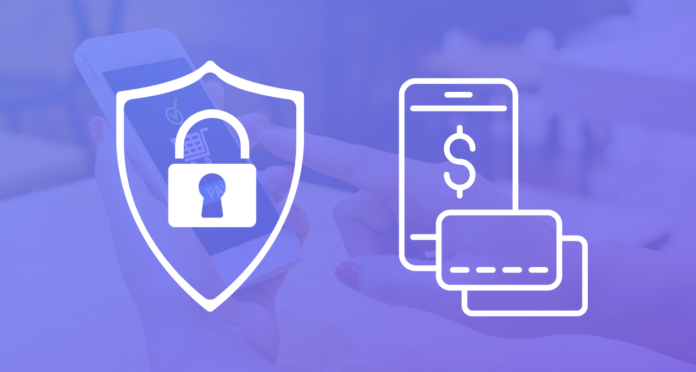Payment security is important to businesses of all sizes — whether you’re selling your products and services online or off. You can take many steps to protect yourself from fraudulent payments and keep your customers safe from credit card theft. Your business needs to protect its sensitive information, be it an online payment form, your email account, or even the details of any employee you have. Do that by following our tips to stay secure.
Use Two-Factor Authentication
Two-factor authentication (2FA) is an effective way to keep your online payments safe. It requires users to verify their identity by entering a unique code they receive via text message or an app on their phone. This makes it harder for fraudsters to access your account, even if they have your password.
Use Third-Parties For Storing Sensitive Information
When you accept credit card payments online, you will store sensitive information like credit card numbers and CVV codes on your server. This can make your website vulnerable to hackers who want access to this data. Instead of storing this information, use third-party payment processors with security protocols that protect against cyberattacks.
Choose a Secure E-Commerce Platform
If you use an e-commerce platform to process your orders, it will likely come with its own security features. However, you should still ensure it’s PCI compliant and has been audited by a third party. This will help ensure that any vulnerabilities have been identified and fixed before hackers can exploit them.
Buy Cyber Liability Insurance
Cyber liability insurance covers losses from data breaches or unauthorized access to a company server that result in financial loss or damage to reputation. You can purchase cyber liability insurance through many traditional insurers or niche providers.
Use a Personal Verification System
When your customers make an online purchase, they must know that the transaction is secure. A personal verification system (PVS) is a unique code sent to their phone or email that helps verify their identity. This ensures that no one else can complete a transaction using their information.
Don’t Store Customer Payment Information
Storing payment information in an unsecured manner opens up your customer data to hackers looking for ways to steal money from businesses. If you need to store this information, encrypt it first so that only authorized personnel can see it.
Secure an SSL Certificate For Your Site
An SSL certificate protects all data transmitted between your site and your customer’s browser by encrypting the information sent over the internet. You should also use strong passwords on all accounts associated with your website, including FTP accounts and customer information databases.
Ensure PCI Compliance
Payment Card Industry Data Security Standards (PCI DSS) is a set of information security standards created by the major card brands Visa and Mastercard that helps merchants protect sensitive cardholder data (or PCI). This includes everything from your servers and network equipment to your computer systems, software applications, and more. To remain compliant with PCI DSS, you must undergo an annual assessment by an approved assessor and maintain compliance throughout the year with regular updates on best practices for security controls.
Educate Users About the Importance of VPNs and Security
If you’re working with clients who don’t live in the same state as your business, you’ll need to ensure that they use secure networks when dealing with sensitive information. A Virtual Private Network (VPN) will encrypt all traffic between two endpoints — meaning no one can see what’s being sent over it — and it helps protect against man-in-the-middle attacks (a hack where someone intercepts communications between two parties).
Ensure Your Hosting Provider Has Safeguards In Place
If your web hosting provider doesn’t use HTTPS encryption, they aren’t doing their job properly. A website with HTTP will allow anyone with access to your site to view any information sent and received by visitors. Suppose you use a shared hosting provider or even GoDaddy for your website. In that case, likely, this isn’t an issue — but if you’re using a dedicated server or VPS (virtual private server), then it’s something worth checking into before proceeding.
Watch For Patterns
Another thing to look out for is suspicious activity on your accounts — such as repeated login attempts from different IP addresses or someone trying to guess their way into your account using common passwords (such as “password”). If any of these things happen, don’t hesitate to contact your bank immediately so they can cancel the card and issue you a new one.
USProPay
As a business owner, you are responsible for your customer’s data, so ensuring that your company is secure is paramount. There are many easy ways to protect yourself and your customers from fraud. Foreign payments can be especially risky, so if you haven’t already done so, it might be time to invest in a service like USProPay to ensure safe digital payments.
















